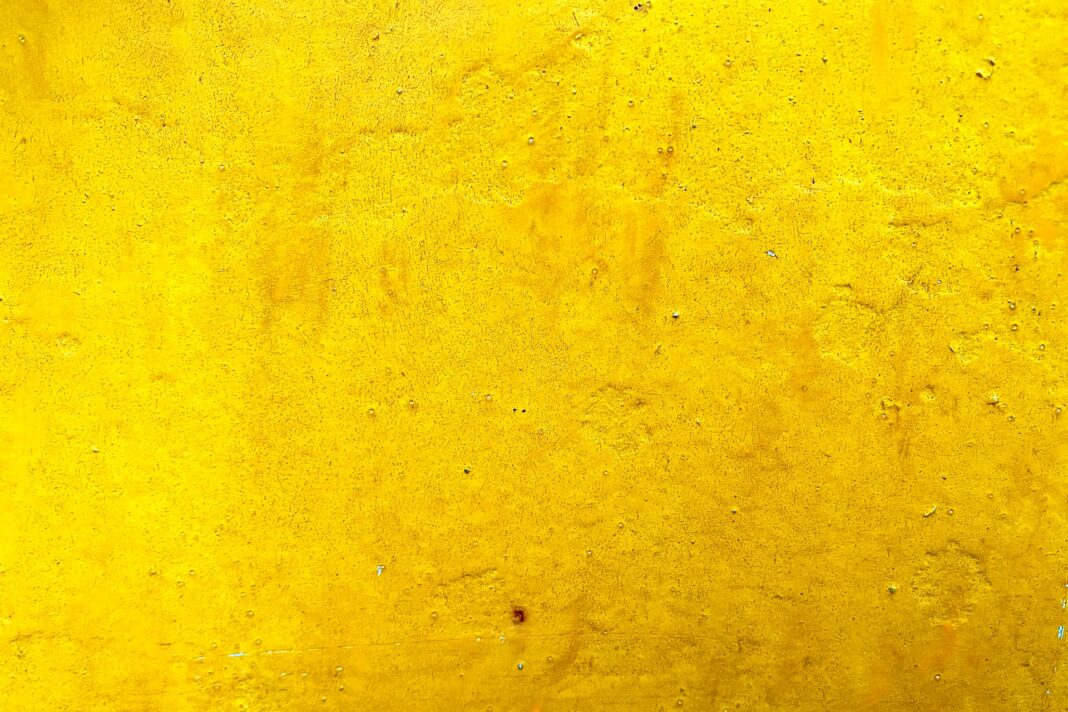UNITED STATES—No sooner had the Fiji fungus been retarded than a new plant threat emerged. It was as if creation itself in this bounteous hemisphere along the banana axis could not afford to sit still. It infected the earth, it started with the roots and then went up the elephant stem. All the canopy of elephant ear leaves above withered to a frail cornhusk. The trees then plopped over with a scratchy sound of dry foliage.
A domino effect of timber! The bug lay dormant in the soil for a decade or more. Like many of the plagues brought to the New World by its marauding inventors, the fungus had been brought by the men who planted them. It was on the plants and could spread from clothing. Once the disease struck it hit all over. The disease ruined the Earth and left plantations a wasteland spoiled for growing bananas. It really seemed that a divine force had it out for the industry that Major Keith’s accident had blessed. The stricken plantations had to be abandoned.
Panama rot all of a sudden became a big problem as the twenties roared to a start in Gatsbyland. In London, the lab-coats at Imperial College’s Department of Tropical Agriculture were already searching for a banana that was immune to Panama rot. With their extensive experience in plantation the exotic Panama rot was right up the Brit’s colonial alley that, at one point, the sun never set on.
With his knack to find a simple solution to a difficult problem, Sam Delaney brilliantly out maneuvered the disease. It was both simple and audacious. He started buying, through proxies in Bananaland, all the land he could get his hands on. It was thousands and thousands of acres of virgin jungle whose owners were only too happy to sell, as they were not afflicted by the gringo trait of growing, improving what has been left to nature forever.
“With the benefit of time and reflection,” Sam told an interviewer who encouraged him to write his memoir. “We would have certainly found a different way to handle things.”
All this uncultivated land with rich black soil unexhausted, an endless supply. A plantation would fell prey to Panama rot, and Sam could reach into his vast cupboard. This way the Company was able to keep moving from virgin land to virgin land, and always keep good plantations going, the banana forest thriving until the rot caught up, and then they’d move on. In this way Chamelecón amassed vast stretches of Honduran wilderness, duly tagged and surveyed.
After the Sam finally took over the Goliath, Sam made his own hefty contribution to a company—Allied Fruit—that decades before had seemed to make people uneasy with its bigness, even resent it and not appreciate the schools and higher wages that the company, under Sam Delaney’s benevolent-minded leadership, provided. By the end of the 1930s, Allied Fruit was sole owner of 50 percent of all land in the country. The company came to be a hyperbole for concentrated wealth, all of it concentrated in the hands of Sam Delaney.
Sam didn’t really take it in stride, it’s just something he didn’t consider when his aim was to keep on top of supplying bananas to America and the world. Despite all the slings and arrows of outrageous botany.
After Sam returned from his first tour of Bananaland, talking and listening, studying the situation, he fell into the way he’d handle being head of Allied Fruit. As head the company headquartered in Boston, he’d have to live part of the year in Boston. A kind of frosty city that Sam, was never crazy about. This was when he spent a couple afternoons with a real estate agent, trying out houses, as one would try on hats.
They checked out the fine neighborhoods where the Allied Fruit men had lived. He wanted an address with some prestige –that was requisite and made offers on houses that never turned out. The property was off the market, they got a better offer. Beacon Hill and Brookline and Back Bay
The truth was the Boston Brahmins didn’t want this Jew in their elite neighborhoods. It tickled Sam that they would see him that way, and certainly he had never viewed himself in that way. He was an American and being a kid from Russian gave him the best preparation to be an American Hustler you could get. He chuckled at the starchy Bostonians. Didn’t matter how much money you had–no Wops, no Micks, no Kikes. It wasn’t like he was going to put a mezuzah on the doorframe. Sam was so weaned off the rituals and practices of Judaism, the grandparents, he didn’t know what the thing was that went on the doorframe from a hole in the wall.
One thing was unavoidable: Sam was getting old, the guy who could eat a single prune for breakfast and stand on his head for 15 minutes. He was still able to do it. He was on the far side of middle age, his step still brisk, his gaze dark and penetrating.
To be continued…
Graydon is the Wizard of Fiction.






